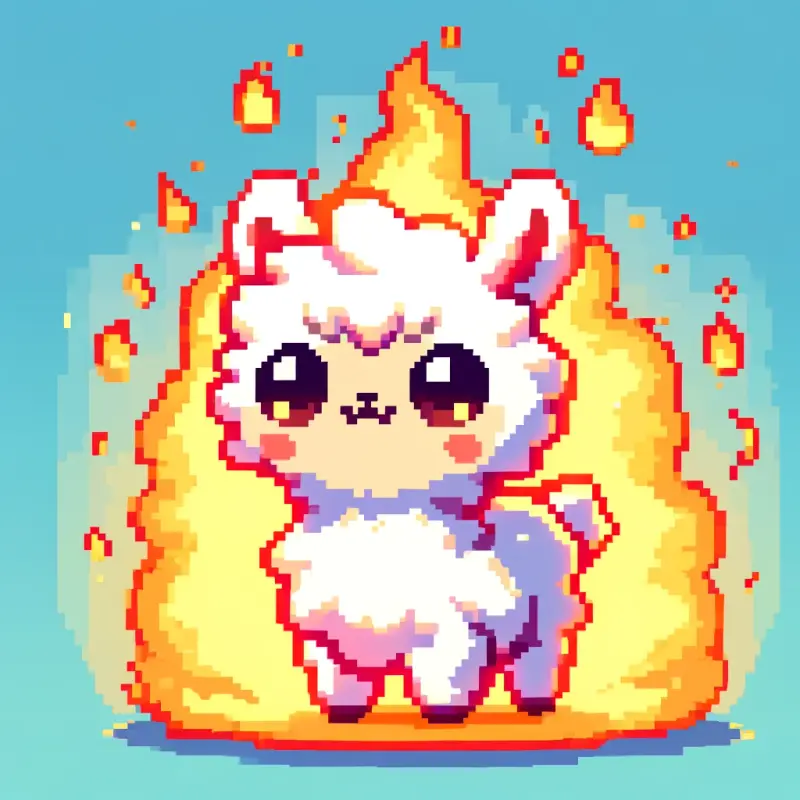metadata
language:
- en
tags:
- llava
- multimodal
- qwen
license: apache-2.0
nanoLLaVA-1.5 - Improved sub 1B Vision-Language Model

Description
nanoLLaVA-1.5 is a "small but mighty" 1B vision-language model designed to run efficiently on edge devices. This is an update from the v1.0 version qnguyen3/nanoLLaVA
- Base LLM: Quyen-SE-v0.1 (Qwen1.5-0.5B)
- Vision Encoder: google/siglip-so400m-patch14-384
| Model | VQA v2 | TextVQA | ScienceQA | POPE | MMMU (Test) | MMMU (Eval) | GQA | MM-VET |
|---|---|---|---|---|---|---|---|---|
| nanoLLavA-1.0 | 70.84 | 46.71 | 58.97 | 84.1 | 28.6 | 30.4 | 54.79 | 23.9 |
| nanoLLavA-1.5 | TBD | TBD | TBD | TBD | TBD | TBD | TBD | TBD |
Training Data
Training Data will be released later as I am still writing a paper on this. Expect the final final to be much more powerful than the current one.
Finetuning Code
Coming Soon!!!
Usage
You can use with transformers with the following script:
pip install -U transformers accelerate flash_attn
import torch
import transformers
from transformers import AutoModelForCausalLM, AutoTokenizer
from PIL import Image
import warnings
# disable some warnings
transformers.logging.set_verbosity_error()
transformers.logging.disable_progress_bar()
warnings.filterwarnings('ignore')
# set device
torch.set_default_device('cuda') # or 'cpu'
model_name = 'qnguyen3/nanoLLaVA-1.5'
# create model
model = AutoModelForCausalLM.from_pretrained(
model_name,
torch_dtype=torch.float16,
device_map='auto',
trust_remote_code=True)
tokenizer = AutoTokenizer.from_pretrained(
model_name,
trust_remote_code=True)
# text prompt
prompt = 'Describe this image in detail'
messages = [
{"role": "user", "content": f'<image>\n{prompt}'}
]
text = tokenizer.apply_chat_template(
messages,
tokenize=False,
add_generation_prompt=True
)
print(text)
text_chunks = [tokenizer(chunk).input_ids for chunk in text.split('<image>')]
input_ids = torch.tensor(text_chunks[0] + [-200] + text_chunks[1], dtype=torch.long).unsqueeze(0)
# image, sample images can be found in images folder
image = Image.open('/path/to/image.png')
image_tensor = model.process_images([image], model.config).to(dtype=model.dtype)
# generate
output_ids = model.generate(
input_ids,
images=image_tensor,
max_new_tokens=2048,
use_cache=True)[0]
print(tokenizer.decode(output_ids[input_ids.shape[1]:], skip_special_tokens=True).strip())
Prompt Format
The model follow the ChatML standard, however, without \n at the end of <|im_end|>:
<|im_start|>system
Answer the question<|im_end|><|im_start|>user
<image>
What is the picture about?<|im_end|><|im_start|>assistant